Apple’s ‘secret service’ to protect your privacy
Apple is taking user privacy to a new level — but there’s more questions around what consumers can back up on their iPhone, iPod, iPad and Mac.
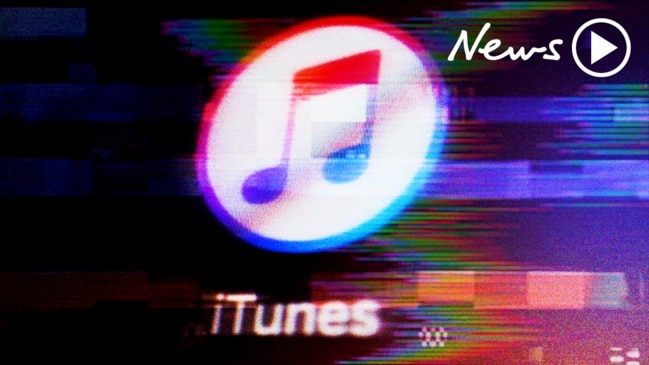
Technology
Don't miss out on the headlines from Technology. Followed categories will be added to My News.
Privacy is alive, iTunes is dead, and everything is being split into pieces and sold individually.
These are the messages from Apple’s annual developers’ conference, where thousands gathered in San Jose to hear what’s next from one of the world’s biggest innovators.
And what they heard for over two hours ranged from a thoughtful approach to throwing social media trackers off our tails to a seemingly thoughtless way to sell computer monitors.
And there’s also the matter of ending an entire musical era, which the company did with a joke.
Here are the shiny new things you need to know about Apple.
New era for Apple amid massive changes
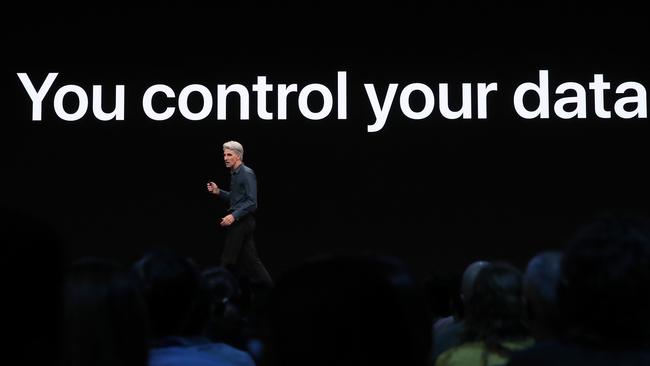
HIDDEN EMAIL
You’ve seen the adverts, heard boss Tim Cook talk about it and, if you use an iPhone, seen the pop-ups.
Apple is the only tech giant that seems genuinely keen to protect user privacy.
This year, however, the company is taking the privacy fight to a new level.
When you come to a sign-in screen for a new service, and you’re confronted with equally awful options “Sign in with Facebook” and “Sign in with Twitter,” Apple users will also be able to select “Sign in with Apple”.
On the face of it, this seems like choosing a different flavour of poison. Mercifully, it’s much better than that.
Apple will not share your account details with the company in question and will offer you a chance to hide your email address.
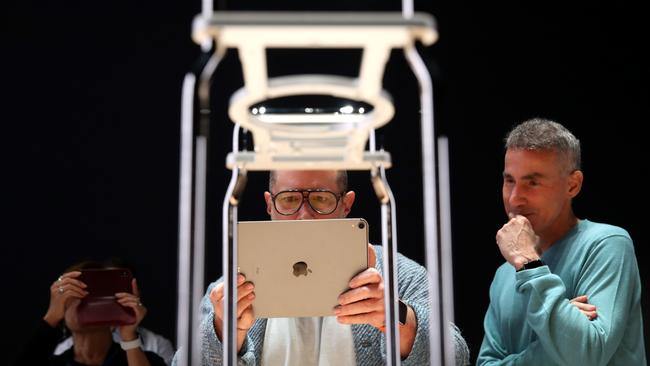
When you select that option, Apple will create a randomly generated email address that merely forwards messages to your real address. The company won’t ever know your true details.
If you decide the service is not worth it, you can ask Apple to delete the email address, and instantly cut all ties.
No spam, no tracking across the web, no details sucked from your Facebook profile, no beg your pardons.
Cunningly, it will keep users tied to using Apple devices, but perhaps that’s a price worth paying to keep your privacy locked down.
Additional measures like sharing your location on a case-by-case basis and keeping reports on when apps use your location (I’m looking at you Google Maps, Facebook, and Instagram) is also a good start.
KEEP ‘EM SEPARATED
Once upon a time, everything was being streamlined. There would be one tech platform to rule them all.
Now, just like regulators threaten, everything in Apple’s stable is being separated.
The iPad is getting its very own operating system, and the Apple Watch is getting independent apps. Neither is a bad idea.
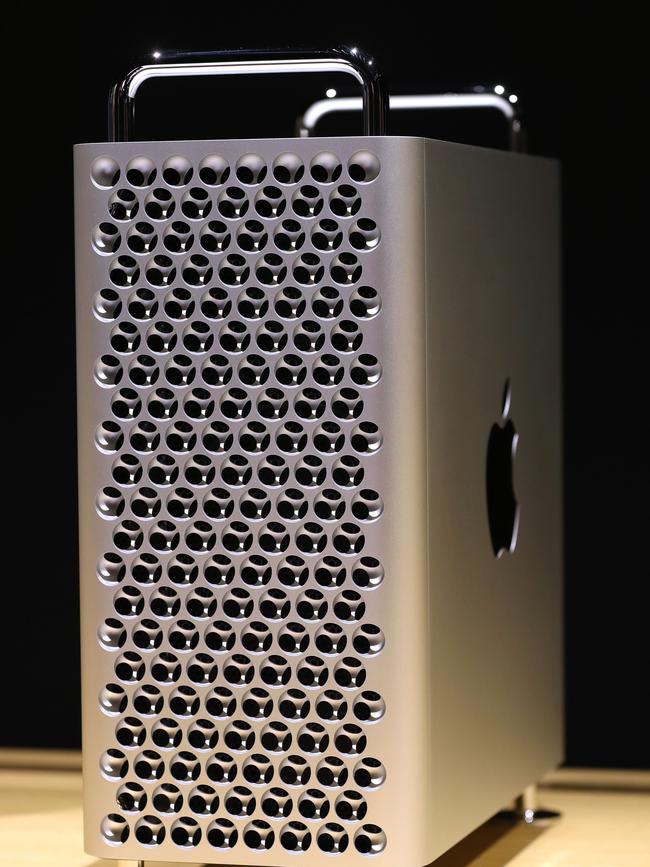
Apple’s famous iTunes will also be split three ways (more on that in a moment).
But the most bizarre example of this trend can be seen in the Mac Pro.
The company introduced a customised display for the powerful machine and then, when unveiling its price, revealed it would be sold separately from its stand.
Yes, that’s right. Apple will charge $US999 just for the metal stand that holds its computer screen aloft.

There’s no word on whether you just have to prop your monitor up on a few books without it, or sticky tape the screen to a wall, but I’ve never considered a display stand as a separate item.
What’s next? Cars with optional tyres? Chairs with discretionary legs? This is not progress, Apple. This is how you inspire a bad meme.
ITUNES IS DEAD
Apple both confirmed the death of iTunes and discovered sarcasm this morning.
Apple software engineering senior vice-president Craig Federighi said customers kept asking one question over and over “can iTunes do even more,” facetiously responding, “I think it can!”
He then proposed adding a calendar to iTunes, email in iTunes, a web browser, and its very own dock.
Of course, it was all to mock the old Apple music program, which has been expanded to deliver TV shows, movies, podcasts, and more over time, until its bloated existence could easily fell some computers.
The software, released in 2001, will be replaced by three apps, as predicted: Apple Music, Podcasts, and TV.
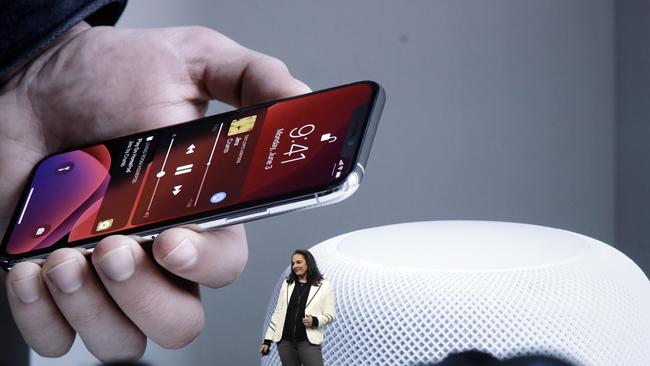
But Federighi only addressed one concern: yes, iPhone, iPod, and iPad users will still be able to plug in and back up their devices by plugging them into a Mac. The devices will be backed up without a program popping up.
What the company didn’t explain is what would happen to legacy music libraries gathered without Apple’s assistance.
Will the songs have a home? Will users be able to add them to the new Apple Music app? Will anyone be able to burn a CD again?
And what of Windows users?
There will be a lot of questions lingering for anyone with an older car, a turn-of-the-century stereo, or a lot of time invested in ripping their CD collection.
At the very least, Apple’s move is unequivocal recognition that the world has moved away from albums, away from singles, and even away from individual song downloads to streaming services. Long live the playlist.
Originally published as Apple’s ‘secret service’ to protect your privacy


